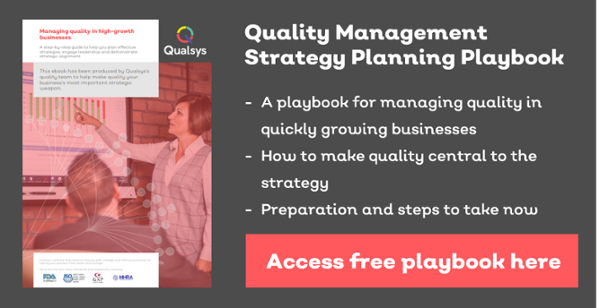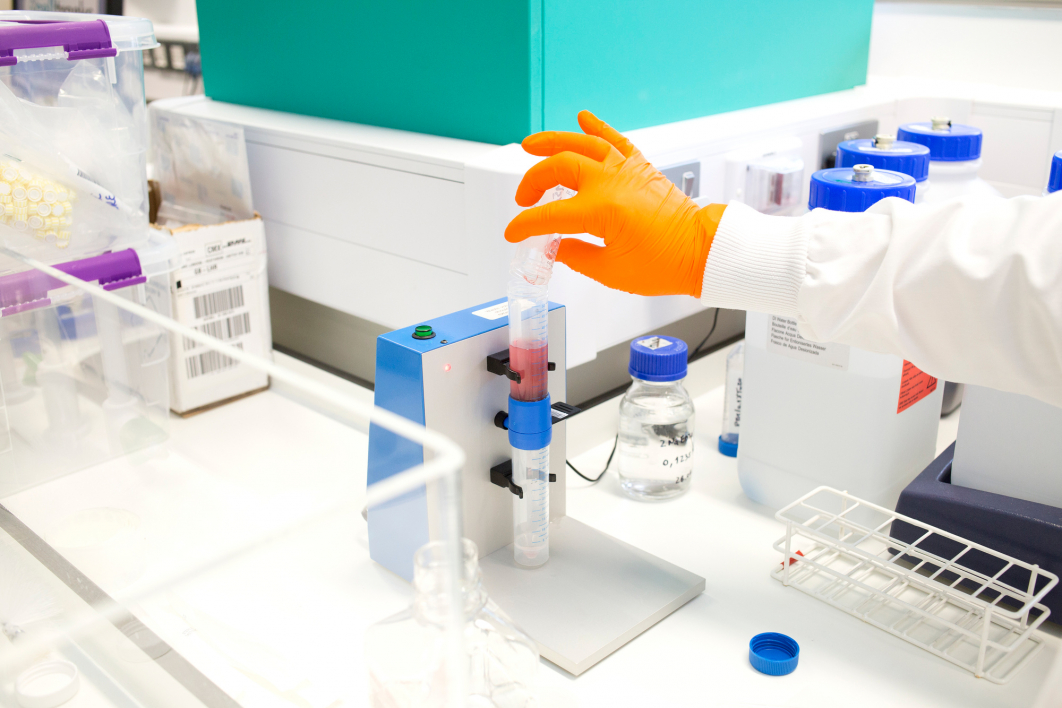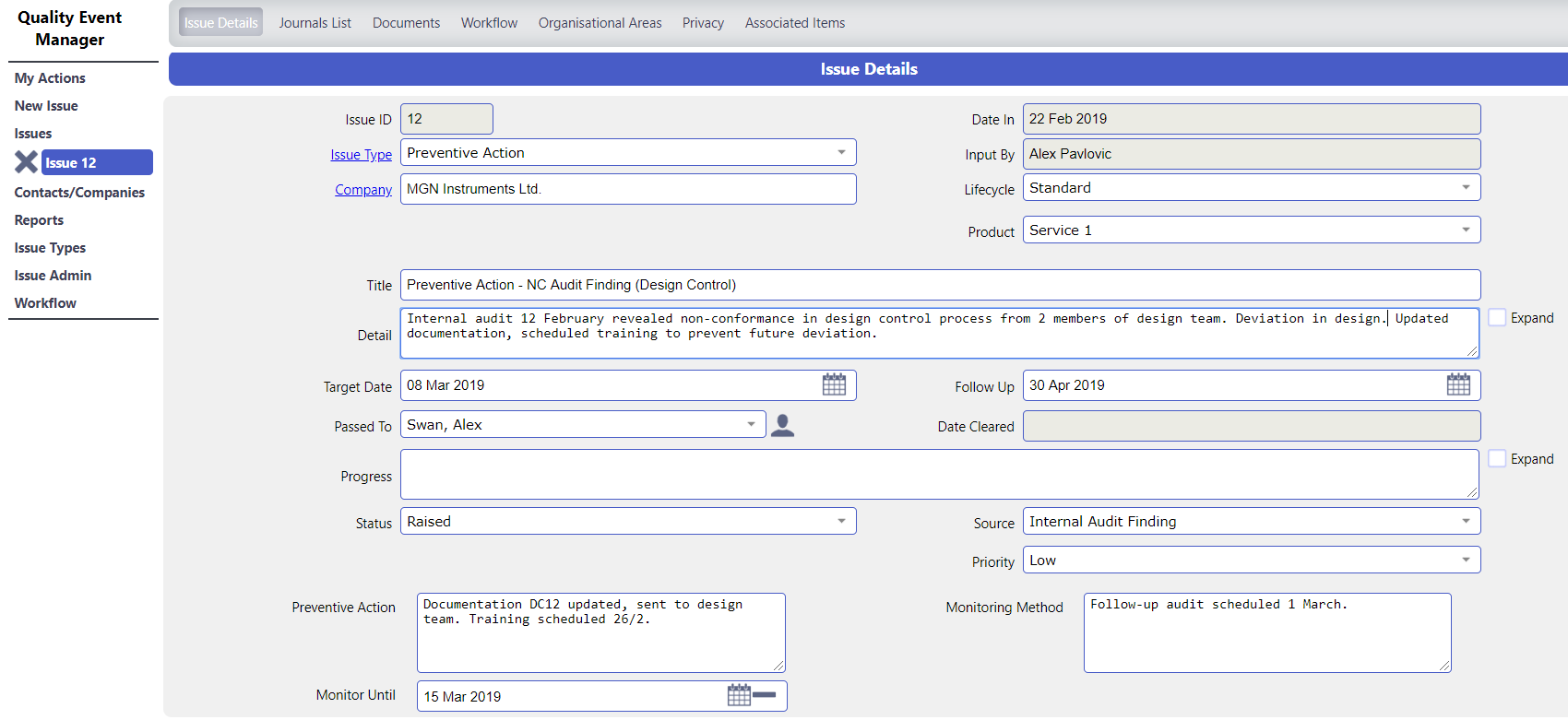Want to contribute to this article?
BAP Pharma sources and distributes comparator drugs worldwide for use in clinical trials.
A mixture of international supply chains, multinational regulations and acutely time-sensitive and quality-controlled product makes Brexit a bigger hurdle to climb for BAP than most other businesses.
We asked Head of Quality Sajeevan Nirmalananthan how he's prepared for:
- A 'soft' Brexit
- A no deal scenario
- The main challenge that pharma companies will face after 29 March
Watch the video or read our summary below.
An early start
BAP Pharma began their Brexit project in early 2017, before Article 50 was triggered.
A specialised project team and plan was created around two projected pathways.
As of February 2019, the pathway which will ultimately prevail remains uncertain.
The first of BAP's scenarios, a 'soft' Brexit, requires minimal adaptation on the part of pharma companies.
As Saj comments:
If all the deals are signed and we operate as normal with the EU, BAP Pharma and any life science company will continue to operate in the same way as before.
Maybe there are subtle changes that will happen, but the impact will be minimised.
In other words, the instant border crossings, free movement of medicine and quick transit times which support international pharmaceutical business models would be maintained.
With the passing of the Brady Amendment in Parliament on 29 January and Theresa May returning to the table, however, the odds of a hard Brexit have become shorter.
Analysts at Goldman Sachs revised their estimate of a 10% chance of 'no deal' to 15% last week - and Paddy Power are now offering 13/5 on a no deal bet.

Hard Brexit vs. the pharma supply chain
Saj and the BAP team considered two dimensions when planning to insulate BAP Pharma from hard Brexit shock after 29 March.

EU to UK:
The UK Department of Health & Social Care's Medicines & Healthcare Products Regulatory Agency (MHRA) has already agreed to recognise medicinal product travelling from the EU into the UK.
Qualified Person (QP) certification of Portuguese, Hungarian or German medicine, for instance, will be accepted in an independent UK as proof of medicinal quality.
In theory, then, EU medicine will not be stalled and slowed by an additional layer of certification as it enters the United Kingdom after a hard Brexit.
UK to EU:
The key issue that British pharma companies will face post-Brexit comes in the opposite direction.
As Saj puts it:
The European Union, or individual countries within the Union, will not be recognising the certification done by the UK - so they will do the certification themselves.
From a regulatory perspective, this will cause delays.
An additional layer of regulatory complexity would complicate the governance landscape for any pharma company looking to export product into the EU.
Future regulations enforced by the European Medicines Agency might increasingly diverge from UK regulations after 2019, demanding a more flexible, adaptive quality management system to ensure compliance on both sides of the Channel.
For time-sensitive medicinal supply chains, however, this would not be the biggest issue.
There is already talk of lorries lining up at Dover. This is a major issue for pharmaceutical companies because we deal with sensitive product.
Our ambient products have to be maintained between 15 and 25ºC, and our cold chain products between 2 and 8ºC.
Temperature-controlled trucks are validated for a maximum of 96 hours.
Extended custom delays around Dover or Calais which push overall journey time beyond this timeframe would invalidate the quality guarantee and render the transported product useless.
Along with the financial and reputational implications for pharma companies dealing with expensive product, studies, trials and medical treatments would also be affected.
Although we've been in touch with our clients about our Brexit strategy, at the end of the day they're only interested in getting their products.
They don't want to know about your explanations. So we had to come up with solutions.
BAP Pharma adopted a three-pronged approach to counter the logistical challenges of a hard Brexit situation:
1. Establish operations with EU storage partners, allowing product to be stored and transported solely within the Union and cutting UK import from the supply chain process
2. Increase internal resource for product that does enter the UK, speeding up the import QP certification and Certificate of Conformance documentation processes
3. Establish an operational site in Germany, secure licencing from the German Health Authority and relegate the UK site to a supporting site
Electronic quality
With Brexit just around the corner, BAP Pharma found an additional advantage to their electronic quality management project with Qualsys.
If you look at EQMS, it's making things easier for us, not more complicated.
It's a plus point even with Brexit coming along. We can operate globally from a central location, anywhere.
A single, centralised electronic quality management area accessible from any location will help Saj manage documentation, risk and CAPAs in the same way before and after Brexit, inside and outside the EU.
But it's clear that pharmaceutical companies are making drastic alterations to their entire operations and supply chains to counter the effects of Brexit.
Whether Saj's 'soft' or 'hard' Brexit plans will be activated will be revealed in the coming weeks.

Next steps
Not got your 2019 quality management strategy fully planned yet?
Try our free planning playbook:









Share your thoughts on this article